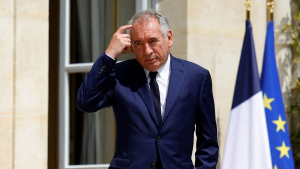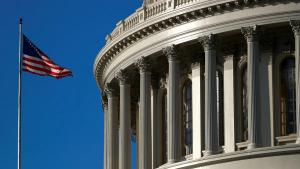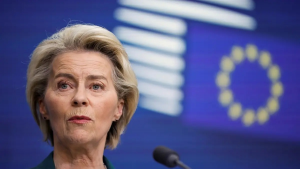The pound fell on Tuesday, after the new British finance minister's decision to ditch most of the government's "mini-budget" led investors to bet that the Bank of England may not raise interest rates as aggressively as previously expected.
Jeremy Hunt, who replaced Kwasi Kwarteng as finance minister after Prime Minister Liz Truss sacked the latter for his fiscal plan that sent the bond market into a damaging tailspin, reversed most measures in the fiscal plan. That plan had originally contained 45 billion pounds' ($50.88 billion) worth of unfunded tax cuts but Hunt said he would raise over 30 billion in taxes.
Sterling was last down 0.3% against the dollar to trade at $1.1315 and 0.5% weaker versus the euro to 87.00 pence.
A second thorn in the side of sterling investors was the Bank of England's plan to start selling the vast holdings of gilts it amassed during the coronavirus crisis later this month.
The Bank of England said on Tuesday it had not decided to delay again the start of those sales after the Financial Times reported another postponement was likely because of the recent turmoil in British markets.
The central bank said separately that liability-driven investment funds, such as the pension funds that were forced into a firesale of their assets after the mini-budget, were now better prepared to weather any shocks.
With gilt yields, which move inversely to prices, edging lower for a second day, the pound slipped broadly.
"The only thing really to understand in my view is the down-move in yields basically means greater stability and the corollary of that is we're likely to see less aggressive action from the BoE in the short term or the long term," UBP global head of FX strategy Peter Kinsella said. Kinsella noted that the swaps market now shows traders expect UK rates to peak at 5% in May next year. Previously, they had expected a peak of 5.75%.
"In a sense what's happened is 'what's good for yields is not good for sterling’, because basically what you're seeing is less interest-rate support," he said.
Hunt's plan to reverse most of the tax cuts in the mini-budget and limit a government-imposed cap on energy prices to six months eased some concern about Britain's ability to finance itself.











